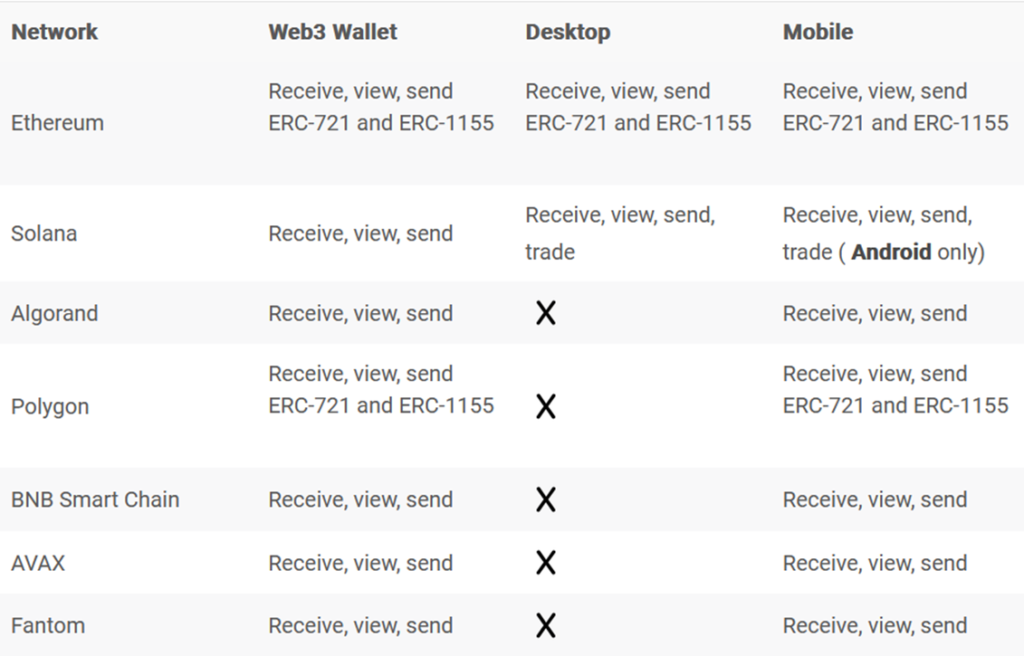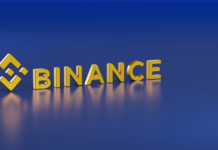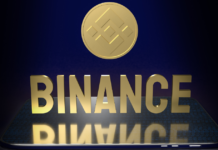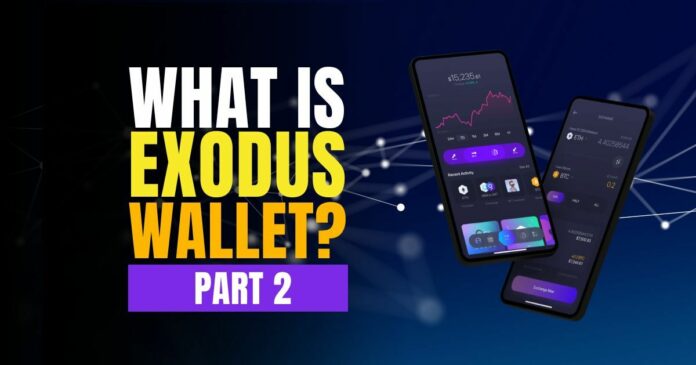Exodus is a simple, free cryptocurrency wallet that stores your coins and NFTs (non-fungible tokens). The wallet has a clear layout and straightforward design, making it one of the most user-friendly systems for managing digital assets.
Exodus Wallet is feature-packed, including several staking options available right in the wallet to generate passive income. Users can even trade cryptocurrencies inside the wallet. But first things first, the wallet only holds your private key, while all the assets are in the blockchain.
We’ve examined the wallet’s basics in our previous article on the subject. Now, is the Exodus wallet safe? Let’s find out.
How Secure Is the Exodus Wallet?
The Exodus wallet is safe and secure as any software wallet can be. Nevertheless, like any desktop or mobile cryptocurrency wallet, it can only be as safe as the device it is installed on.
The security of the cryptocurrency wallet is at risk if the device holding it has a virus or malware or is otherwise compromised. Exodus has made a detailed, in-depth guide on all the best practices to follow to keep your cryptocurrency safe.
Exodus wallet requires a strong password to access crypto, which should be adequate for most users. With Trezor hardware wallet integration, Exodus adds an additional layer of security for users who prefer hardware wallets.
Since the wallet is non-custodial, the user retains complete control over their crypto assets, and the wallet does not gather personal data on the user’s behalf. Moreover, as a company, the Exodus wallet has never suffered a hack.
(1/7) Cheers to 85k followers! 🚀 For those of you who are new here, there has been a lot of chatter lately about the importance of #SelfCustody for your #crypto. If you need a refresher on how to win this bear market with wallets like Exodus, this thread is for you. 🧵 pic.twitter.com/SNUFZTgnbv
— Exodus – Crypto Wallet (@exodus_io) December 14, 2022
Essentially, the Exodus wallet matches the security standards expected from one of the most popular hot wallets. And the Trezor integration elevates it to the top tier of software wallet security.
Besides, Exodus releases software upgrades every two weeks to patch any potential security holes or address wallet-specific exploits. It definitely outperforms several desktop and web wallets.
Is Exodus Open-Source?
The Exodus wallet’s code is not entirely open-source, which might turn off some users. However, one of the founders, JP Richardson, is well-recognized among developers for contributing to over 190 open-source libraries.
They contended that safeguarding a few “trade secrets” had ensured customer security and the company’s long-term prosperity. Because these crucial elements are not publicly sourced, it is more difficult for hackers to replicate the wallet and create phishing versions.
Also, a big chunk of Exodus’ functional parts is open source and accessible on their GitHub page. On its website, Exodus provides an official explanation of the open-source code of the Exodus wallet.
The founders and team of Exodus are fully public, and the company itself went public in 2021. The team at Exodus is committed to improving the whole crypto sector, and the company’s founders are well-respected in the community.
Does Exodus Wallet Support 2FA?
The lack of integration with traditional two-factor authentication methods like Authy and Google Authenticator is one of the biggest criticisms against Exodus wallet.
Exodus chooses not to implement services like email backups or two-factor authentication for two reasons.
- Exodus intended to minimize dependency on the security of third-party programs owing to potential security breaches and hacks of user emails.
- Exodus respects user privacy and non-custodial rights as they respect their communities’ rights to decentralization and privacy.
Since the company doesn’t collect any personal data of its users, email backups are not feasible. And for the two-factor authentication to work, the company needs to store a database of user accounts on its servers. But Exodus wallet creates, encrypts, and stores the user information on their local device.
Consequently, two-factor authentication was also not feasible. To learn more, see Exodus’ official justification for not supporting 2FA.
Can Exodus Wallet Hold NFTs?
No one can deny how much people adore their NFTs, and Exodus listened to its user base. The wallet’s popularity exploded as one of the first — and remains one of the few non-custodial wallets with an integrated NFT marketplace and gallery.
In Exodus mobile or desktop, users can access the NFT gallery to receive, store, display, and share their NFTs. The wallet supports NFTs across a variety of networks and devices.

Exodus partnered with Magic Eden, the largest NFT marketplace in Solana, to make it possible for users to buy and sell NFTs on the Solana network from within the wallet.
Exodus has created a comprehensive educational page that gives users all the information they need to get started with the Exodus NFT gallery and marketplace, including step-by-step instructions.
Can Exodus Wallet Be Frozen?
You have complete control over the funds kept in your wallet using Exodus. Unlike your bank account or stock portfolio, Exodus (the company) does not hold any assets on your behalf. With no counterparty risk, Exodus is a self-custody wallet. This means that the company cannot freeze your Exodus wallet.
As a central feature of token contracts, freezing functionality is present in most Layer 1 blockchains.
Because the token contract is typically the only smart contract with the ability to alter the database of token holders, it can be used to restrict access to funds, seize tokens, or in some circumstances, burn them entirely. An address may not be able to buy (or receive) or sell (or transfer) the token if it is banned by the token smart contract.
Even though they are uncommon, the freezing happens only when authorities find an illegal activity in the smart contract.
However, this freezing power generally only applies to tokens. In contrast to popular belief, native assets cannot be frozen unless they are held on a centralized platform (such as an exchange or custodian).
Exodus Wallet to a Bank Account
You can buy crypto using fiat on Exodus wallet by using Ramp or Moonpay.
MoonPay makes it simple to buy cryptocurrencies with cash in over 160 countries and 47 U.S. states. It allows you to buy 61 cryptos globally and 29 cryptos in the United States.
With MoonPay, you can complete your payment with:
- Debit or credit card – Visa, Maestro, and Mastercard
- Apple Pay
- Google Pay
- Bank transfer (only available in select countries)
- SEPA and SEPA Instant – in SEPA countries.
- UK Faster Payments – in the UK.
- PIX – in Brazil.
Ramp makes it simple to buy cryptocurrencies with cash in more than 140 countries and 35 U.S. states. It allows you to buy 24 cryptos, including BTC, ETH, SOL, and more.
You can make payments with:
- Credit or debit cards
- Apple Pay (outside of the U.S.)
- Bank transfer (only for select non-U.S. countries)
Both these services will charge you a transaction fee over the network fee.
Exodus has a step-by-step article for using MoonPay and Ramp on its website.
Conclusion
For most devices that are connected to the internet frequently, the Exodus wallet still functions as a software wallet and a hot wallet. This reduces its security relative to a hardware wallet. However, as long as users use proper security practices for their PC and online activities, there shouldn’t be any issues.
The feature-rich Exodus wallet remains an excellent choice for users with small amounts of cryptocurrencies.
⬆️For more cryptocurrency news, check out the Altcoin Buzz YouTube channel.
⬆️ Check out our most up-to-date research, NFT and Metaverse buy, and how to protect your portfolio in this market by checking out our Altcoin Buzz Access group. And for a limited time, it’s FREE. Just click the link and try it today.




























